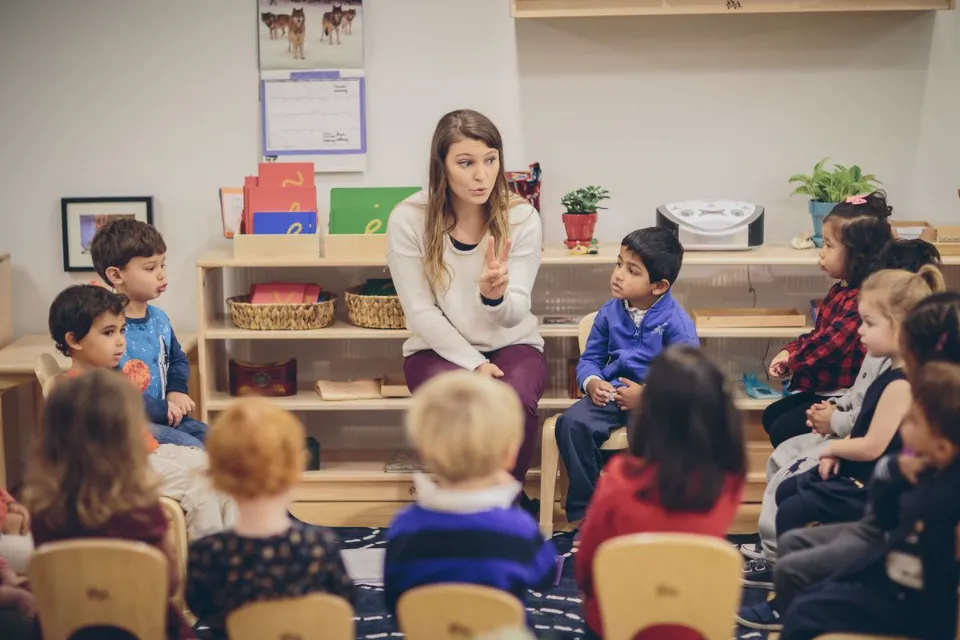
Is Montessori a Private School? Montessori Vs. Private Schools
We look at what makes up a private school’s core elements and debate whether Montessori schools fall under the definition of private education.
Although most Montessori schools in the U.S. are private schools, for this comparison the private schools to which we will be comparing Montessori schools primarily use direct instruction models of education, which are more traditional.
Below is what we find out about Montessori vs. Private Schools.
Is Montessori a Private School?
To put it briefly, yes, Montessori schools are frequently categorized as private schools. However, Montessori schools can be privately run and supported by tuition or publicly supported and supported by tax dollars. Additionally, some tuition-based schools assist low-income populations by utilizing philanthropic funding and government grants.
Montessori schools are a successful teaching strategy if you want to make sure that a private school gives your child a solid foundation in knowledge of the environment.
The focus on philosophical, environmental, and purpose-driven activities that advance your child’s educational experience sets Montessori learning apart from other private schools and is one of their key distinguishing features.
Characteristics of a Montessori Program
A typical Montessori program, whether in a private or public school, shares the following characteristics:
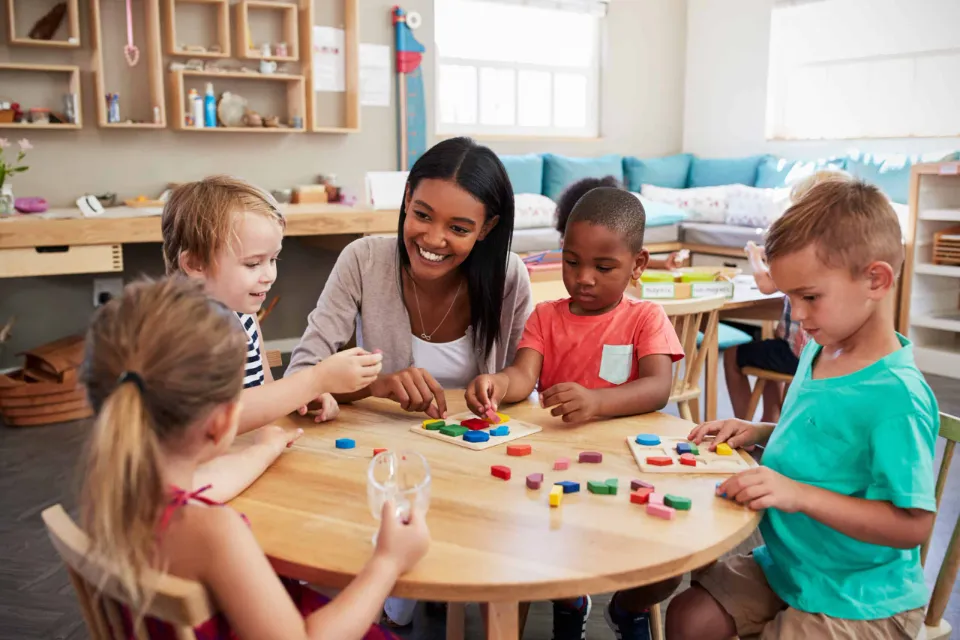
- Strongly encourages lifelong learning and independent thinking;
- Gives children self-paced and self-directed learning opportunities in mixed age groups;
- Helps children become self-assured problem solvers and respectful members of the community;
- Instills in children the values of empathy and caring by motivating them to become engaged global citizens who care about the environment and each other;
- Features Montessori-trained and certified teachers who provide “focused observation” of students and act as guides rather than instructors, leaving the actual learning up to the individual desires and interests of each child.
Montessori Vs. Private Schools
Direct Instruction
The model is undoubtedly well-known, even if the term “direct instruction” is unfamiliar. An educational strategy known as “direct instruction” puts the emphasis on the teacher, who also develops the lesson’s structure and content. Lesson presentation follows a pattern in which a teacher:
- Stands in front of a class of students presenting a lecture
- Assigns classwork, aka guided practice
- Assigns homework, aka Individual practice
- Evaluates, aka give a test or other metrics for determining comprehension
- Gives feedback aka a number or letter grade.
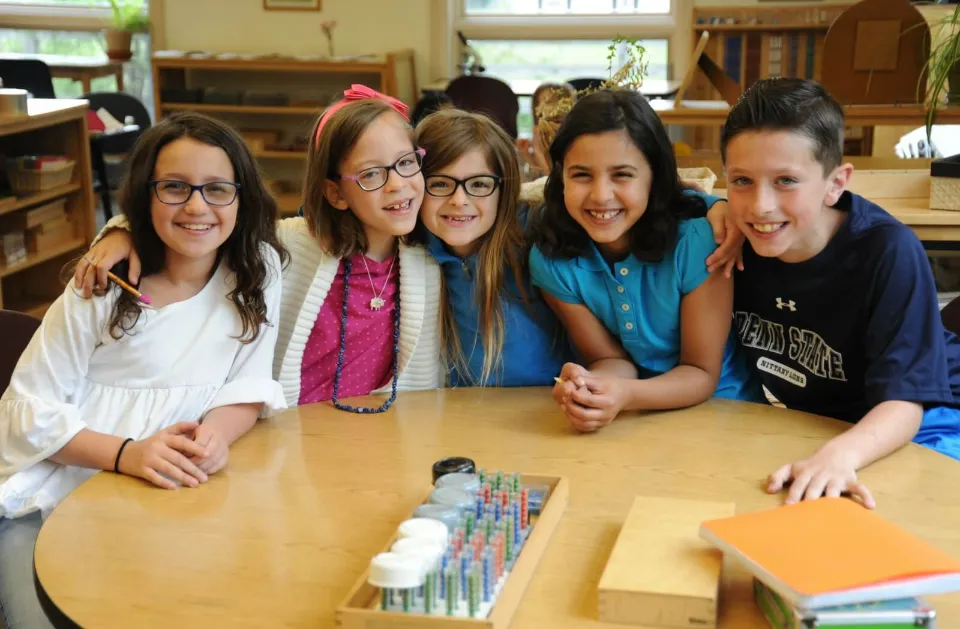
Teacher Roles
In classrooms that use direct instruction, teachers are essential because the model is teacher-centric. They serve as information providers, wisdom and knowledge teachers, role models, supreme authorities, peacemakers, advisors, caregivers, and substitute parents.
Along with educating their students, teachers are also in charge of keeping their charges calm and safe.
In contrast to educators in more conventional settings, Montessori teachers play very different roles. The teachers in Montessori classrooms act as gentle guides and are in charge of giving the students the resources they need to learn, but it is up to the kids how to apply those resources.
Curriculum
Although the term “curriculum” is used in many different contexts, it is generally understood to refer to a series of deliberate experiences that help students master a subject.
Private schools use a range of different curricula, including whole language models and faith-based initiatives. These methods’ implementations can be explicit, implicit, or null.
Testing
One more area where Montessori schools differ from private schools that provide direct instruction is in testing. The test serves as the goalpost in the direct instruction method. Either winning or losing is indicated by it.
Student evaluations are based solely on this metric. Whether a student passes or fails a course can be determined objectively based on how well the information they were taught in class has assimilated into their knowledge.
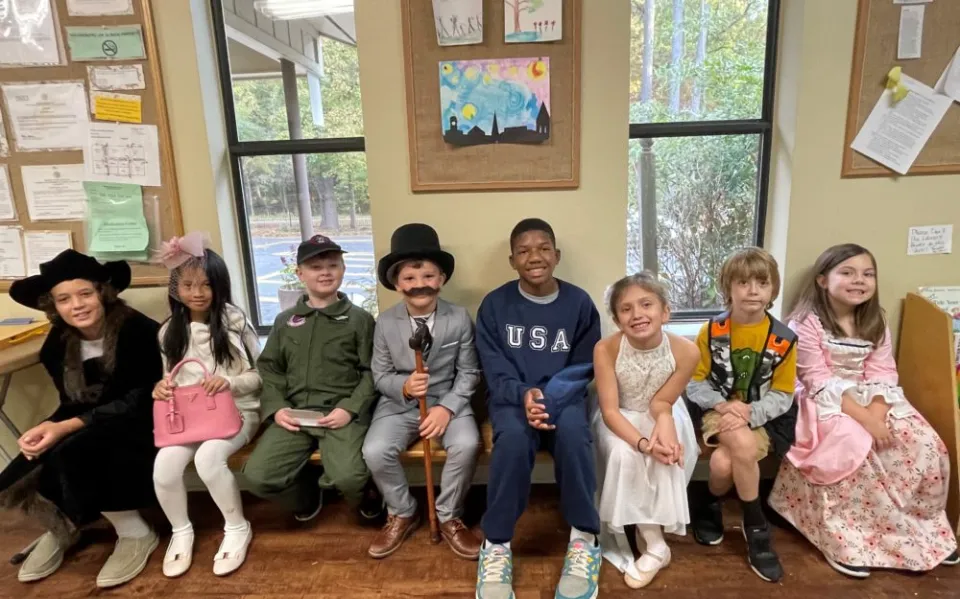
Conformity
Many private schools place a strong emphasis on conformity. Some private schools were established on the principles of a common culture, attitude, or belief. It shouldn’t come as a surprise that those schools would demand student conformity to their founding ideals.
Class Size
The Montessori vs. private schools is the average class size. And the ratio defies expectations. One teacher is assigned to every nine students in private schools, on average (9/1). However, classes in Montessori schools tend to be much bigger.
What Makes a Private School Private?
Private Funding through Tuition
Private schools are notorious for having high costs and fees, and when compared to public schools, the tuition sometimes feels like college tuition.
It is important to understand that private schools are not entitled to the same government funding as public schools, despite the fact that some parents may feel the costs are excessively high. A few private schools also provide generous financial aid packages, making them more accessible to families with a range of financial difficulties.
Extended Extracurricular Activities
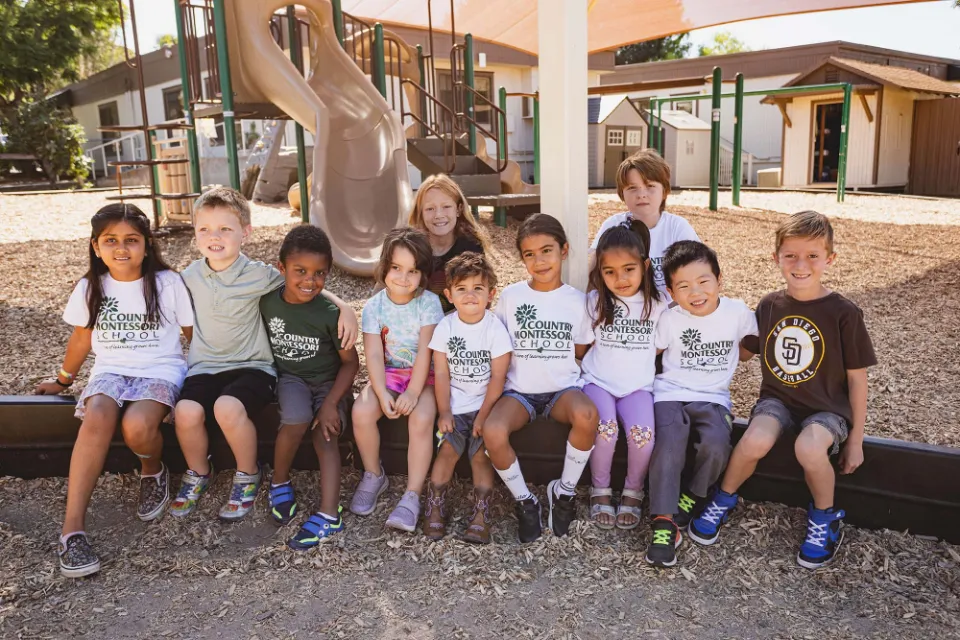
Less budgetary problems that lead to the elimination of departments like the arts and music and the improvement of elective programs can result from private schools receiving funding from parents and rare grants.
So as to encourage student involvement, private schools can provide a wider range of after-school clubs and extracurricular activities.
Tailored Curriculums
Private schools can more easily tailor their curricula to suit their preferences because they are not subsidized by the federal government, provided that they follow some state regulations set by the United States. Educators’ Department.
Dedicated Teachers and Lower Student-to-Teacher Ratios
Private school teachers are qualified and enthusiastic about their subjects, frequently having earned advanced degrees in those fields. Additionally, with a smaller student-to-teacher ratio, teachers can better customize each student’s curriculum to help them succeed and comprehend the material covered.
By doing this, private schools will have more opportunities to focus on various subjects and get students ready for college.
Conclusion: is Montessori a Private School?
Look for a school that complements the values, attitudes, and culture of your family when picking one for your child. Maintain an open line of communication with your kids no matter where you send them for their education so that you are aware of any issues and able to assist if/when they arise.
FAQs
Why is Montessori School So Expensive?
There are a few reasons why Montessori schools are more expensive: Montessori schools use high-quality materials. The materials last for many years, but a financial commitment is needed to guarantee that they can withstand the daily abuse from eager kids.
Why Montessori is Better Than Daycare?
Montessori education takes a holistic approach: social, emotional, and physical development alongside academic success. Daycare facilities, on the other hand, might give special attention to one area of development, like academic progress, while completely ignoring other ones.
How Many Private Montessori Schools Are There in the US?
There are about 15,000 Montessori schools around the world, including 3,000 in the U.S., of which more than 570 are district, magnet, and charter public schools.


